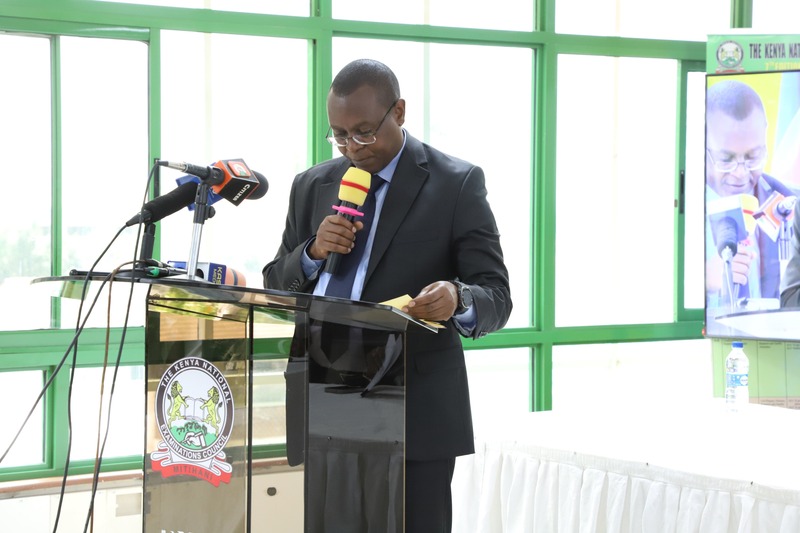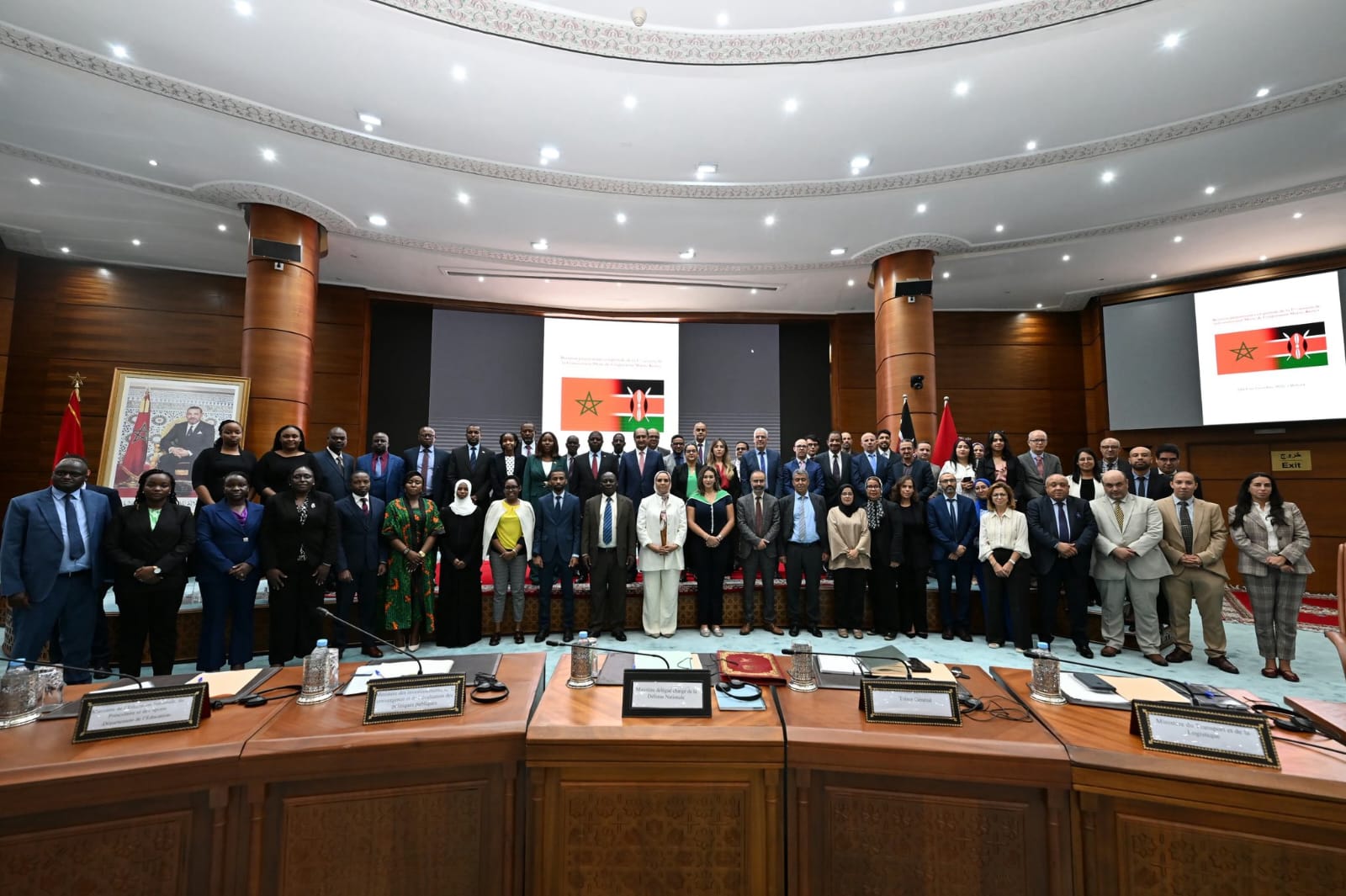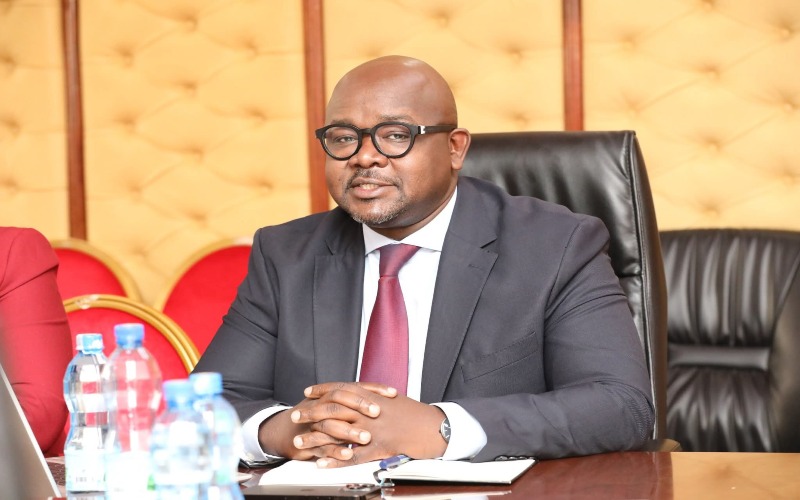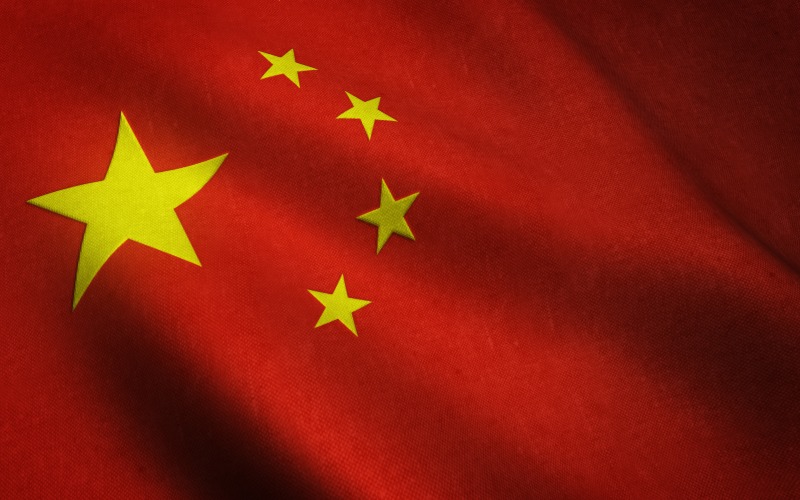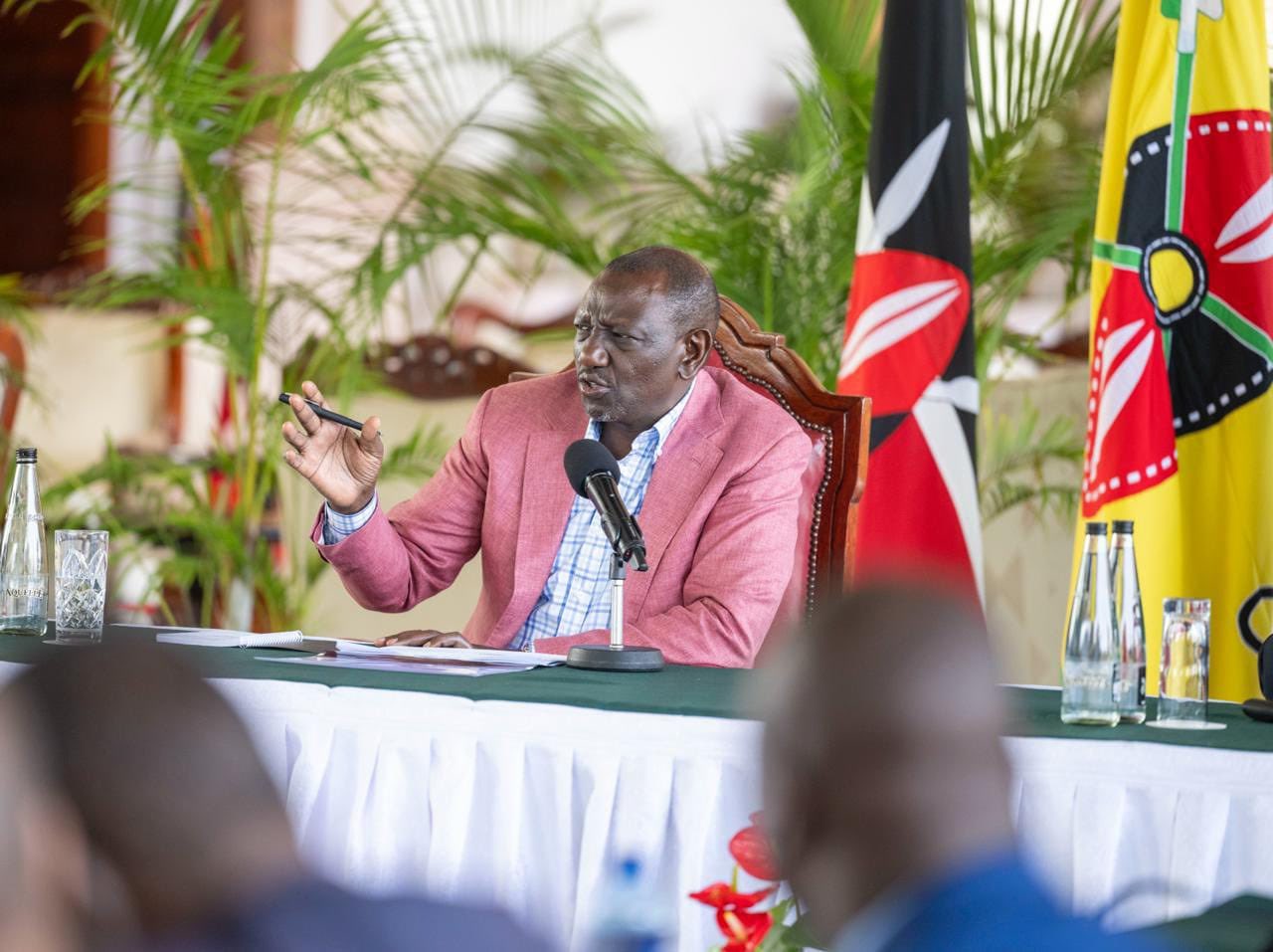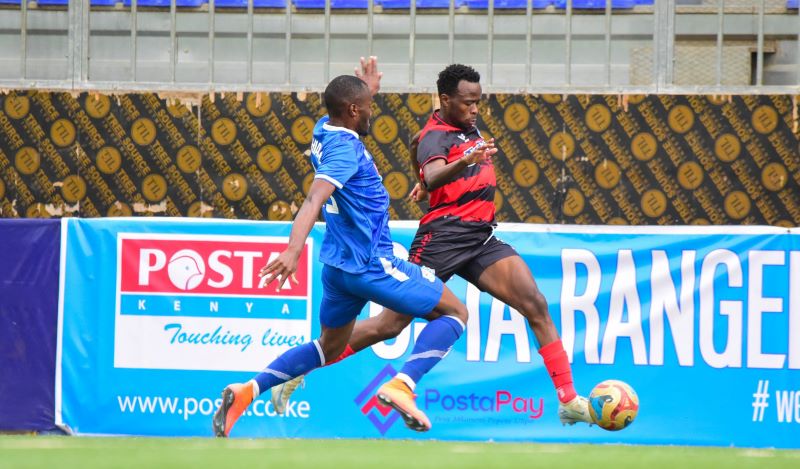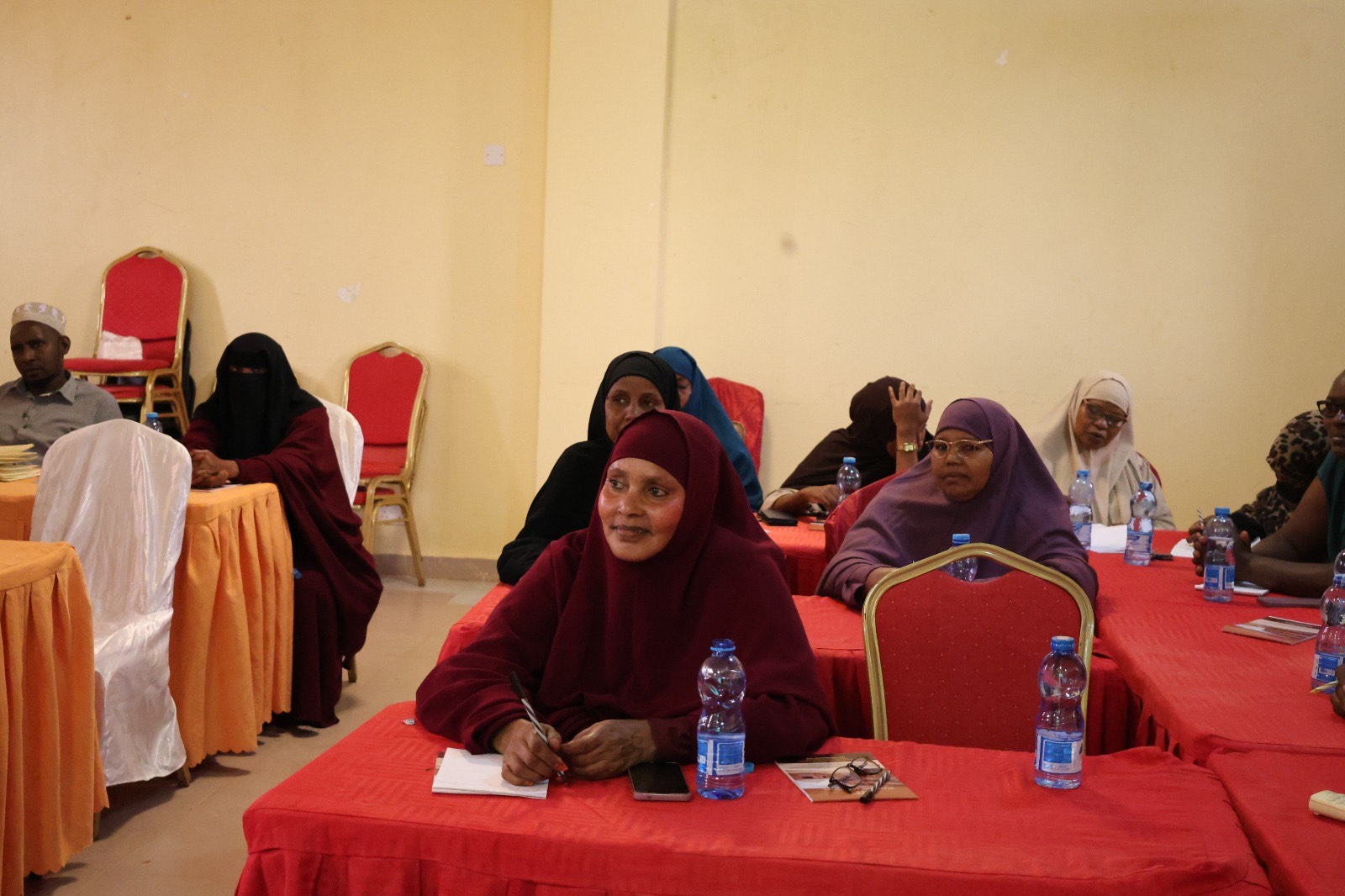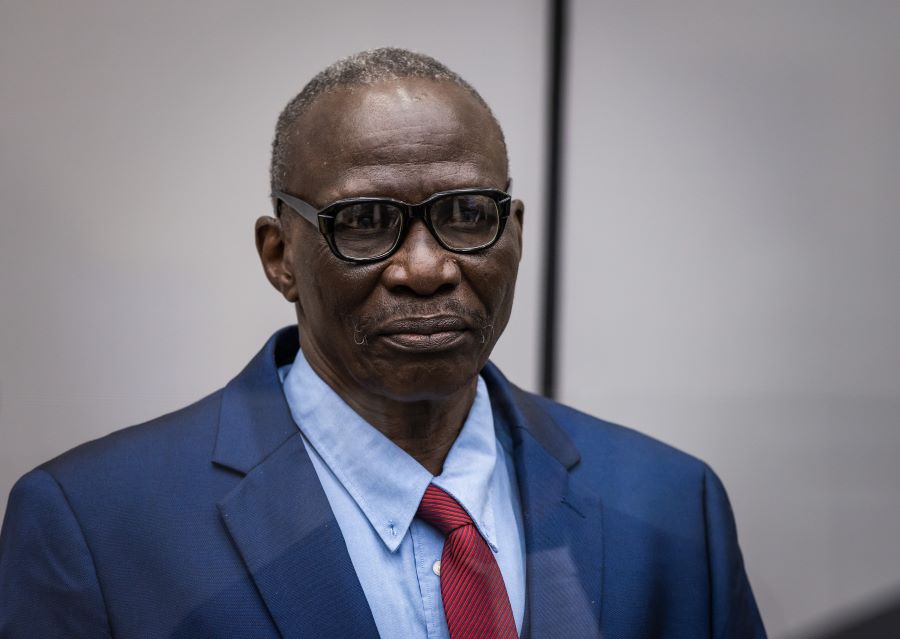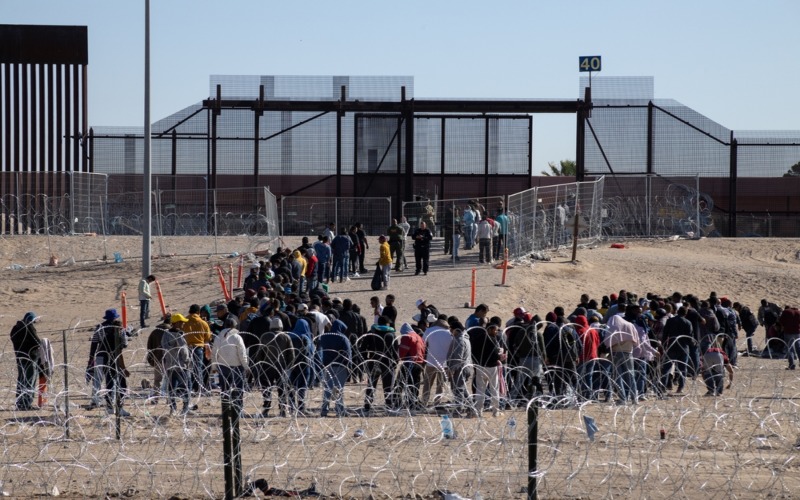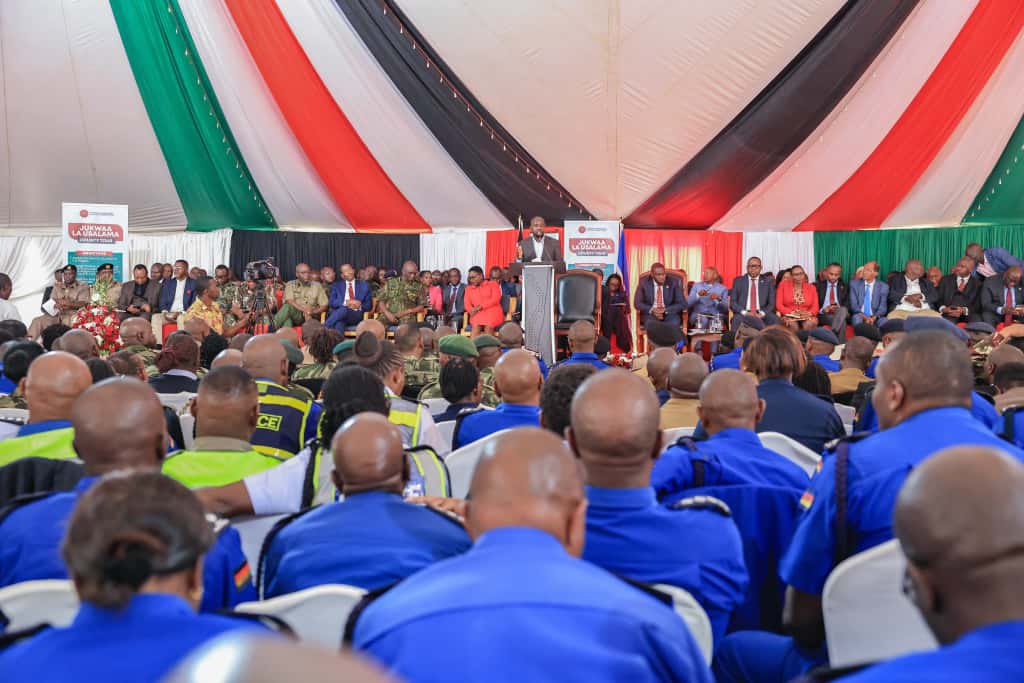Joseph Kony ICC trial: What his confirmation of charges means for justice and accountability
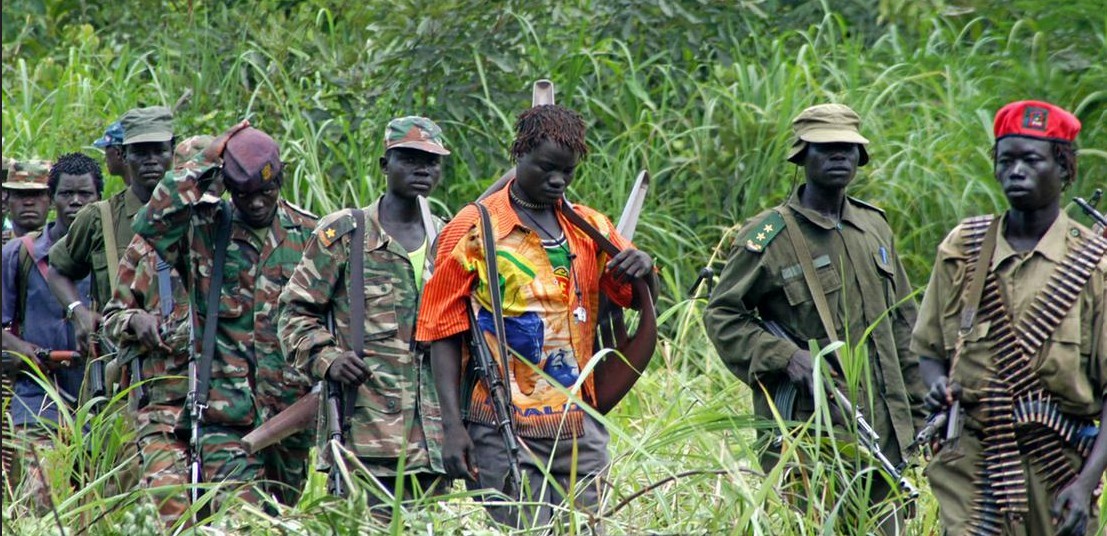
The ICC allowed a confirmation of charges hearing against Ugandan fugitive warlord Joseph Kony to proceed without him at the dock. But for a trial to occur, Kony must be arrested and brought before the court.
In 60 days, judges at the Pre-Trial Chamber of the International Criminal Court (ICC) will deliver their written decision on the confirmation of charges hearing against Joseph Kony, the court’s longest-standing fugitive.
Under ICC regulations, the Pre-Trial Chamber must issue one of three decisions: confirm the charges, decline to confirm them, or adjourn the hearing.
More To Read
Kony, a Ugandan warlord who led the Lord's Resistance Army (LRA), is accused of committing war crimes and crimes against humanity, including murder, sexual enslavement, rape, recruitment of child soldiers, and cruel treatment of civilians.
During the presentation of charges, prosecutors accused the rebel group of killing at least 600 civilians, displacing over 1.9 million people, and abducting at least 20,000 Ugandan children between July 2002 and December 2005 in northern Uganda. The LRA, however, began its attacks in the late 1990s.
"The repercussions of this unprecedented violence continue to be felt today. Scarred in their body and spirit, survivors still struggle to recover from the ordeal they endured," deputy prosecutor Mame Mandiaye Niang said while presenting the charges.
What happens if the ICC confirms Kony's charges?
If the charges against Joseph Kony are confirmed, he will be committed to a Trial Chamber for a full trial. However, since the Rome Statute, which established the ICC, does not allow trials in absentia, Kony’s presence will be required for the proceedings.
The Pre-Trial Chamber could also "decline to confirm those charges for which it has determined that there is insufficient evidence and stop the proceedings against Mr Kony," or adjourn the hearing to allow for additional evidence.
Kristof Titeca, a professor and researcher on governance and conflict in Eastern and Central Africa at Antwerp University, told DW that Kony has no intention of surrendering. He added that a progression of the case to trial would represent "success for a lot of actors." Experts say the ICC is trying to prove its "legitimacy and right to existence by pursuing this case."
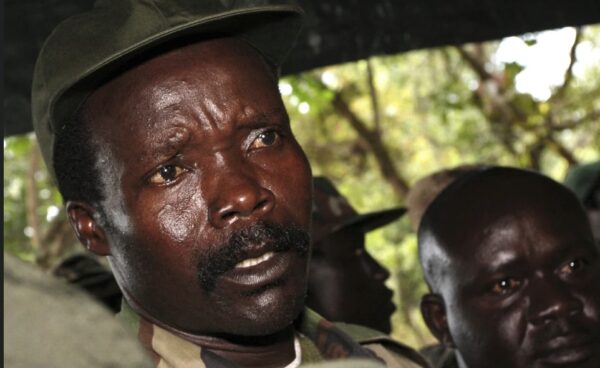 Fugitive Ugandan warlord Joseph Kony who is the leader of the Lord's Resistance Army. (Photo: File/AP)
Fugitive Ugandan warlord Joseph Kony who is the leader of the Lord's Resistance Army. (Photo: File/AP)
At the same time, this case is considered a critical test of the ICC’s powers for similar cases in the future.
"A successful case could mean that those who were victims of the crimes committed in the early 2000s could receive some kind of financial compensation for what happened," Titeca added.
Who is Joseph Kony?
Born Joseph Rao Kony in Odek village in northern Uganda, the rebel leader, described by his followers as a "prophet" at the time of his arrest warrant, was the ICC-designated Commander-in-Chief of the LRA.
Some sources suggest that Kony served as a Catholic altar boy in his youth and later left school to become a traditional healer before joining the LRA.
Human Rights Watch reports that Kony's LRA "abducted and killed thousands of civilians in northern Uganda and mutilated many others by cutting off their lips, ears, noses, hands, and feet." The LRA conflict in northern Uganda lasted nearly 20 years.
"Joseph Kony remains untraceable," ICC prosecutor Niang noted, despite efforts by the court, civil society groups, international partners, and Ugandan authorities to apprehend him. "The tireless efforts of the office in conjunction with the registry and its partners to secure the arrest of the fugitive have proven unsuccessful," he stated.
A 2012 Human Rights Watch report suggested Kony might be in the Central African Republic. His forces are highly mobile, making their exact location difficult to determine.
In 2022, former LRA child soldier Michel Mbolifouko told DW that Kony could be hiding in Sudan. "He (Kony) currently lives in the Sudanese region of Darfur and continues to give orders to his fighters. I saw him with my own eyes," the ex-LRA member said.
Analysts say the ICC’s limited power to make arrests is a major factor in the stalemate.
"A major weakness of the International Criminal Court at the moment is that it doesn’t have any capacity to arrest any of the people whom it accuses and for whom there are arrest warrants," Titeca said.
"If you are a criminal who is protected by a government or who manages to run away from whatever entity which wants to arrest you, there is no immediate threat to you."
Building a criminal case against Kony
The ICC began investigating Joseph Kony and the LRA in 2004 after Uganda’s President, Yoweri Museveni, made a formal request. In 2006, the court issued sealed arrest warrants for the LRA’s top five leaders—Joseph Kony, Vincent Otti, Okot Odhiambo, Raska Lukwiya, and Dominic Ongwen—for war crimes and crimes against humanity.
On 1 June 2006, Interpol issued the first-ever red notice on behalf of the ICC for the five leaders. Of them, only Dominic Ongwen, a former Brigade Commander, was convicted of 61 crimes and sentenced to 25 years in prison in 2021.
Three others—Lukwiya, Otti, and Odhiambo—died in 2006, 2007, and 2013, respectively. Their cases were closed after their deaths.
Kony remains one of 10 fugitives still at large since his 2005 arrest warrant. The United States has offered a $5 million (€4.6 million) reward for information leading to his capture.
Top Stories Today

